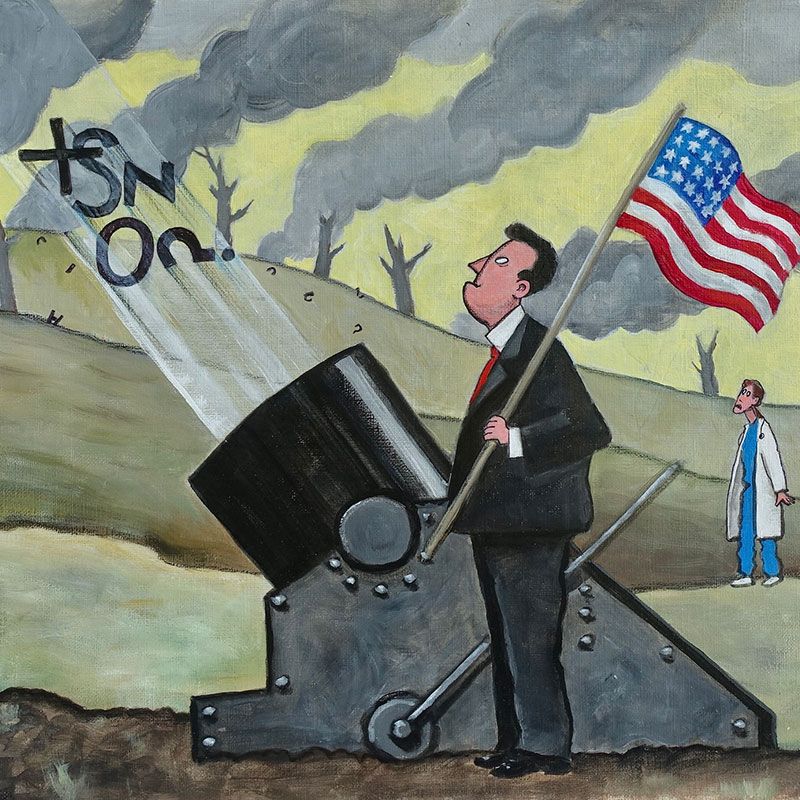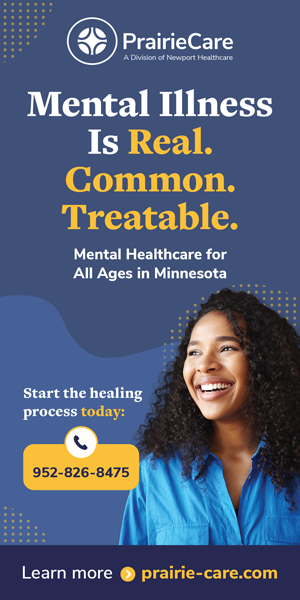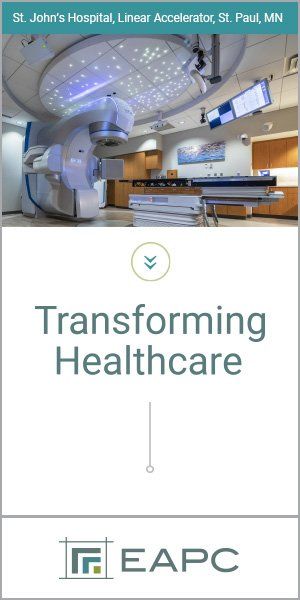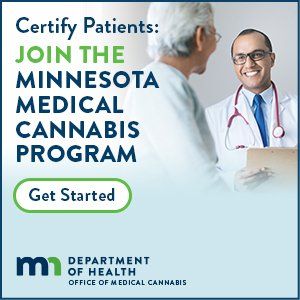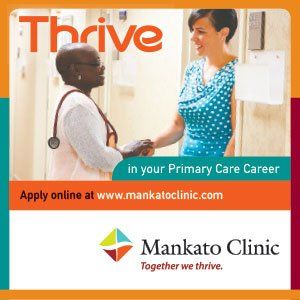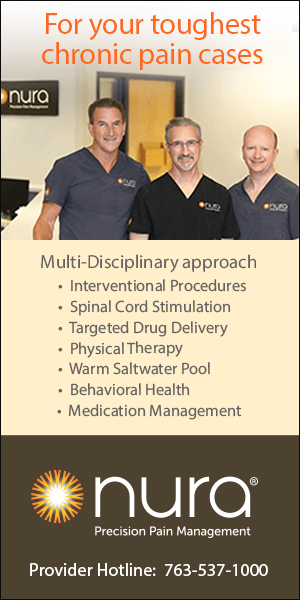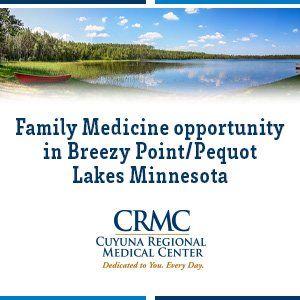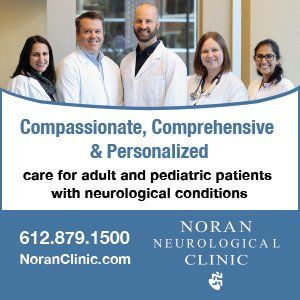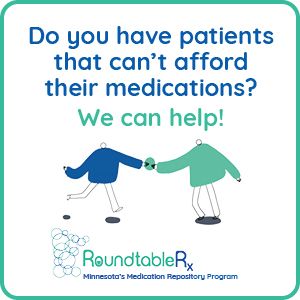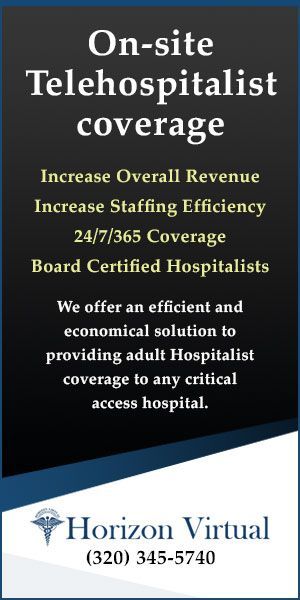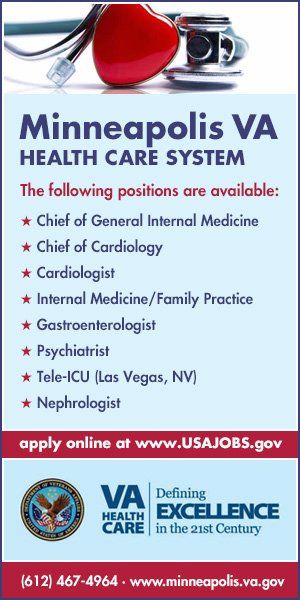any of us in everyday jobs tend to watch the world, and more specifically our country, evolve in a slow-paced methodical manner. Unfortunately sometimes politics or the latest news cycle can create cause for reaction, and that seems to be what’s occurring right now.
Cover one
Weaponizing Language
Finding a better way
By David Hamlar, MD, DDS
When President Trump came into office with a clearly stated agenda we probably knew what was in store. You hear statements like Trump declares war on woke, that DEI must be scrubbed from existence, and so on. Several actions related to these thoughts coming from his administration are targeting both the scientific and business communities and they are accompanied by the usual political hammering.
Language is key here as words are being given new definitions through political fiat. I’m currently the chair of the Diversity, Equity and Inclusion (DEI) Council for the University of Minnesota School of Medicine. The council is made-up not only of faculty and administrative staff but also of students, learners and the everyday folks who take care of the school, such as the janitorial staff, food staff and many others. One goal of the council is to create a sense of belonging, and that sense of belonging is now being threatened. It is said that we’ve been a divided country for years, it doesn’t seem to be getting any better. Looking back, just in my lifetime, the 1950s saw McCarthyism, a reaction against the communist threat that was part of the Cold War and extended into the 60s. It was definitely a turbulent time. The end of the Vietnam War brought many changes to racial identity, and there was a realization that society wasn’t going to sit back and would no longer let inequity and injustice dictate public policy. For several reasons there were riots in the streets and, they actually came to my then hometown, Columbus, Ohio. We could see that people were not going to tolerate the status quo anymore.
Words are being given new definitions through political fiat.
Looking Back
I recently learned about President Lincoln and his support from what must then have been considered the woke crowd, they were known as the Wide-Awakes. Maybe that’s where today’s derivation comes from, but it was an abolitionist group that thought slavery was going to be the ruin of our country. The joke is that the remnants of that continue to wear us down today.
So what do we do? We elected a black president, Obama, and that was supposed to be the cure all. What do we get in its wake? We got Trump and in his first term the backlash was all too obvious.
With today’s embrace of Trump and his anti-woke crowd rhetoric, we’re finding we must redefine ourselves. I don’t know how anyone can be against inclusiveness but that’s the way politics can work. Words can acquire new meanings overnight. Today’s social banter can take things like antiracism, and awareness of implicit bias and social determinants of health, all good things for society, and demonize them. We can realize how and why this is being done and act on it by finding new ways to say things that are good for everyone, but that process is difficult and has become truly divisive.
The rhetoric is increasingly heightened and any issue that can be driven through the news cycle becomes a cause unto itself. The most obvious recent example is immigration. The policies this country was founded on, among them that we welcome the poor and the downtrodden, are being turned upside down. I hope we can recover from what is occurring in medicine. Tenets of the Hippocratic Oath and subsequent codes of ethics governing medical practice are to do no harm and treat those who need help. It is becoming more and more difficult to do this with the damage to funding streams that drive an already under-funded system. Access to health care will be severely limited, which will exacerbate negative aspects of social determinants of health. It is as if after so many years of hard work to achieve and communicate simple understandings and progress around improving population health we are choosing to take backward steps.
So how do we take a corrective course? It’s going to take persistent effort by all of us. It’s not going to be by avoiding the folks across the room who think differently from the way you do. It’s going to take confrontation, it’s going to be tough, but the hope is that there’s a common ground out there and that we can cross political lines to work toward a better society.
For me, as chair of the DEI council, I may need to change the wording and extrapolate some new nomenclature. It may be allyship building and it may require incorporating reference to financial considerations. Organizations nationwide are struggling with these exact concerns, many under threats of funding loss, and are gravitating to words such as belonging or pluralism. At some point we will find words we can all agree on as terms of improving our lives, especially in a capitalistic society.
The Role of Community
Despite divisiveness over the definition of words like equity, when looking at health care a large percentage of what creates health comes from community. Regardless of funding, recognizing the role we all play in creating community is important. I am chair of the DEI council at the University of Minnesota, but I am also a stakeholder in several areas within the community. NorthPoint Health and Wellness Center is a thriving and vital medical facility that has served north Minneapolis since the 1970s. It provides care for those who are on Medicaid, on self-pay and even some who are covered by insurance. No one is turned away and as a federal as well as state and county entity, the facility provides sliding-scale pricing. I was part of its capital campaign and I sit on its board of directors, which is a way to help influence health care in my community.
You may be knowledgeable about the National Humanities Centers. Each state has one and here in Minnesota we have the Minnesota Humanities Council (MHC) headed up by a good friend of mine who has done some great work in telling stories about our neighborhoods, our communities, our separate demographics and even our veterans, which is why I joined. MHC is not specifically DEI driven, but it is driven by humanities and the arts and it’s being threatened right now. By sitting on its board I can help direct funds to tell the stories of those who are downtrodden and forgotten, a big part of which includes our Native communities.
There are several other boards I sit on. I’m chair of Center for Communication and Development (CCD) at KMOJ, a radio station broadcasting from north Minneapolis. I grew up with urban radio, and it was a lifeline to us in the community long before computers, social media, iPhones and the like. Radio provided a conduit not only for entertainment but for information about health care, religion and our families and helped create the sense of community and how it exists.
Because there were needs to attract all populations, which included the African American population, we had our funding halted.
I’m a retired major general in the United States Air Force, specifically the Minnesota National Guard. Not only do we take care of our fellow brethren who were put in harm’s way, we make sure that society and our communities here in Minnesota are also taken care of.
When there was a strike at statewide nursing homes, we provided the manpower to staff the facilities that depended on the state and some private enterprise for their operation. I could go on and on about my own contributions, but what’s important is that we all can make these contributions.
An Uncertain Future
The current administration claims that if you cut a few programs you’re going to save money. They fail to consider these program cuts negatively affect millions of lives and that these people are going to suffer major consequences. The concept that anyone who can work must do so to receive Medicaid has been tried and proven to be a total failure. Another obvious example of shortsighted policy involves cutting medical funding. Through the NIH, HHS provides a safety net with vaccines and general medical information. Cutbacks will make it hard to weather the storm of public health crises such as the recent pandemic.
The industry comprising medical academics and societal safe-guarding is significantly affected by cuts in programs. Defunding health care is irresponsible and doing so in the name of cost savings is akin to throwing the baby out with the bathwater.
We need to gather and try to make sense of the future on a one-on-one basis and leave the political fray to those who want to make points or claim victory. It’s going to be the hard work of the people on the front lines to create solutions and continue to save lives.
As an advocate for research, I believe it’s important to remember that looking at outcomes and trying to help patients is the primary goal. I recently joined an NIH project that was looking at cancer prevention, mainly oral cavity-related. We’ve just had our funding pool pulled because there were caveats to distribute access to the research itself to different demographic populations. Because there were needs to attract all populations, which included the African American population, we had our funding halted.
The implications for how this is going to affect us going forward as a country, especially in the medical research field, will require people speaking up about these things. The administration claims if they find fault that needs to be corrected they’ll do so but it’s easier to prevent the dismantling than to dismantle and try to put it back together.
Finding Solutions
Moving forward, a lot of work needs to be done. In the minds of some the words that mean freedom and justice for all are words that threaten others. There are workarounds whereby everyone can be happy, but the deep sense of division will take new strategies. Intractable thinking is resistant to moderation, particularly if it is unable to perceive a downside to itself, and does not care about others.
Even if in a war on words there is an underlying agenda that fails to recognize itself, for whatever reason, some facts are incontrovertible. For example, if your child or grandchild were seriously ill, you would want the best care possible. At that point political orientation or vectors of financial gain quickly become secondary. Delivering and continuing to evolve that best care is something those who do not work in health care find very difficult to understand.
No doubt there are many elements of health care delivery that could be made more efficient, but it is unlikely that this can be done by broad and rapid executive orders that may not be well enough informed of a bigger picture. Cutting access and shuttering research simply costs more in the long run. It will be up to those in the research community to find new ways to support each other, and this has been happening increasingly. It will be up to communities to form new alliances to care for those who may become disenfranchised, while working on ways to reposition these issues to maintain viable public programs. It is a time of great difficulty, a time when everyone needs to work together toward a united goal.
David Hamlar, MD, DDS, is a retired major general with the Minnesota Air National Guard and the chair of the University of Minnesota Medical School DEI Council.
MORE STORIES IN THIS ISSUE
cover story one
Weaponizing Language: Finding a better way
By David Hamlar, MD, DDS
cover story two
Adult Degenerative Scoliosis: Contemporary management and key considerations







